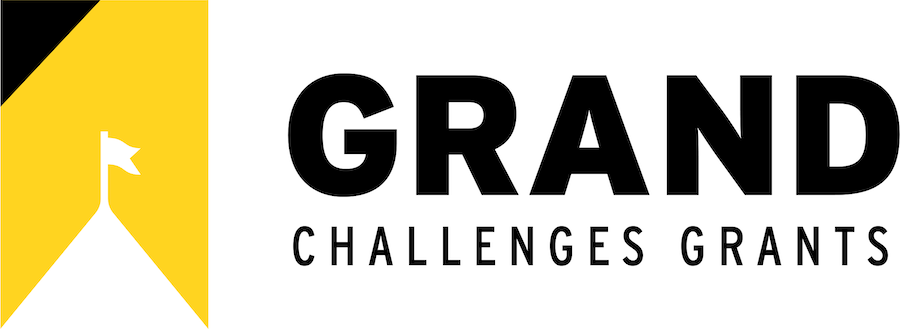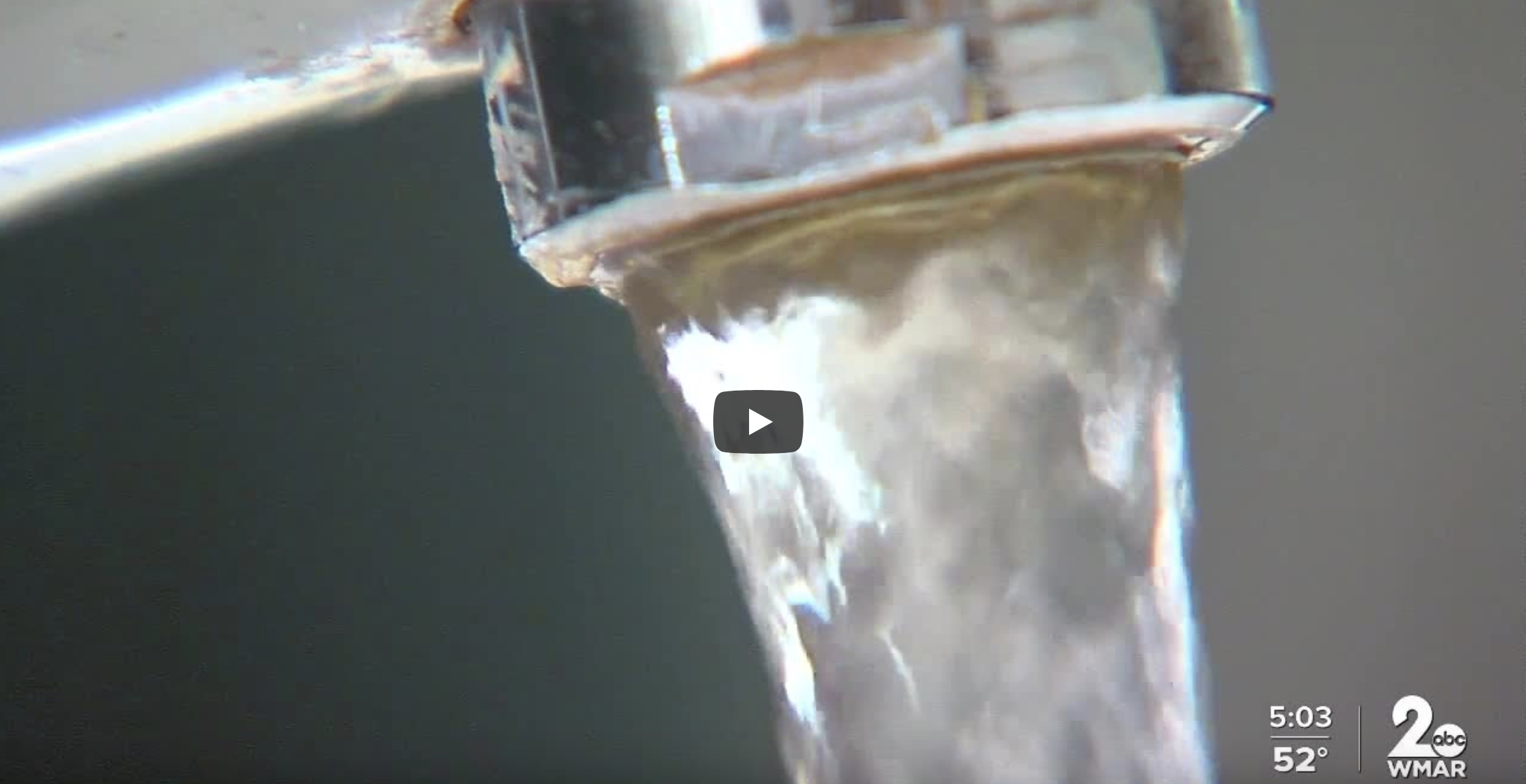Grand Challenges: The Maryland Safe Drinking WATER Study: Water Analysis and Testing for Education and Research
An Initiative to Protect Drinking Water in Underserved Communities
Grant Type: Team Project Grant
Topics: Water, Social Justice, Health, Climate Change
Colleges Represented: SPHL, ENGR
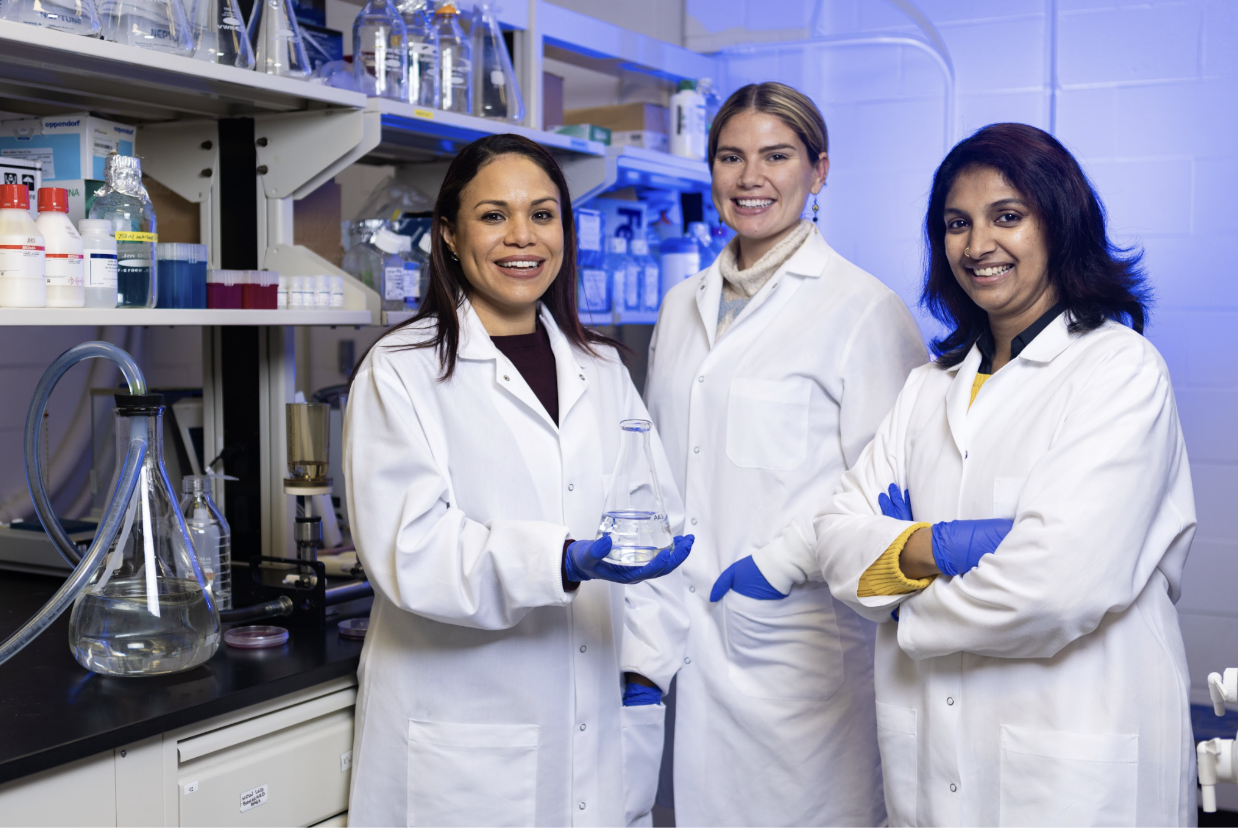
UMD Taps Into Demand for Information About Water Quality in State
February 25, 2026
Maryland Safe Drinking WATER Study Engages Maryland Residents Across All 24 Counties in Statewide Analysis
September 30, 2024
Tap Water Is Generally Safe To Drink, But Contamination Can Occur (USA Today)
August 29, 2024
To Gauge Maryland’s Drinking Water Quality, Researchers Tap Into the Public
April 8, 2024
Murray Wins Grant for Global Public Health Classrooms Curriculum on Nexus of Food, Energy, and Water Systems
March 28, 2024
Is It 100% Safe to Drink Tap Water? Here's the Truth
March 13, 2024
Safeguarding Every Drop: UMD Research Aims to Catalog Drinking Water Contaminants Statewide
December 13, 2023
What's Really in Your Drinking Water? UMD Study Aims To Find Out (WMAR)
December 29, 2023
View video:
Summary: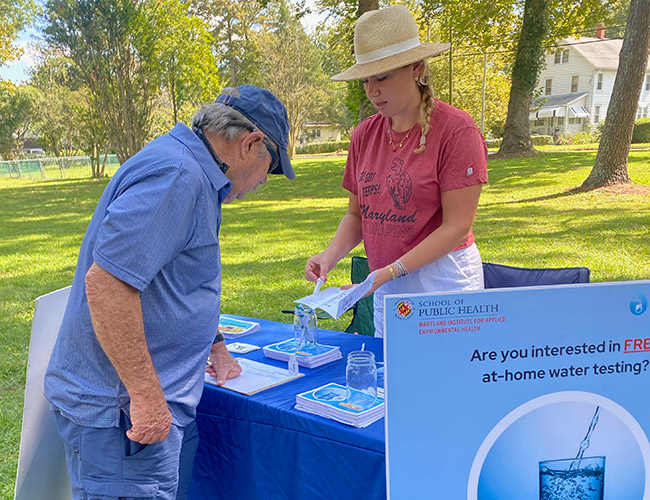 The water accessed by most people across the U.S. is clean and safe. However, recent drinking water tragedies in Jackson MS, Flint MI, and in Baltimore, MD, have placed national attention on the dangers and health consequences of contaminated water. Approximately 5.1 million Maryland residents are served by public drinking water systems while over 1 million completely rely on private wells as their source of water. Recent studies detected microbiological contaminants such as total coliforms and E. coli in both private and public drinking water supplies in Maryland, as well as per- and polyfluoroalkyl substances (PFAS), aka “forever chemicals,” in approximately 1.3% of Marylanders' public drinking water. Given these threats to our drinking water, the overarching goal of this project is to characterize the quality of both public drinking water systems and private wells in Maryland's underserved communities using a combination of citizen science, field-based research, and laboratory analyses. The results of field-based and laboratory studies will be used to conduct Safe Drinking Water Workshops with residents focused on outreach and education to understand and improve drinking water quality in Maryland.
The water accessed by most people across the U.S. is clean and safe. However, recent drinking water tragedies in Jackson MS, Flint MI, and in Baltimore, MD, have placed national attention on the dangers and health consequences of contaminated water. Approximately 5.1 million Maryland residents are served by public drinking water systems while over 1 million completely rely on private wells as their source of water. Recent studies detected microbiological contaminants such as total coliforms and E. coli in both private and public drinking water supplies in Maryland, as well as per- and polyfluoroalkyl substances (PFAS), aka “forever chemicals,” in approximately 1.3% of Marylanders' public drinking water. Given these threats to our drinking water, the overarching goal of this project is to characterize the quality of both public drinking water systems and private wells in Maryland's underserved communities using a combination of citizen science, field-based research, and laboratory analyses. The results of field-based and laboratory studies will be used to conduct Safe Drinking Water Workshops with residents focused on outreach and education to understand and improve drinking water quality in Maryland.
Project Updates, December 2023:
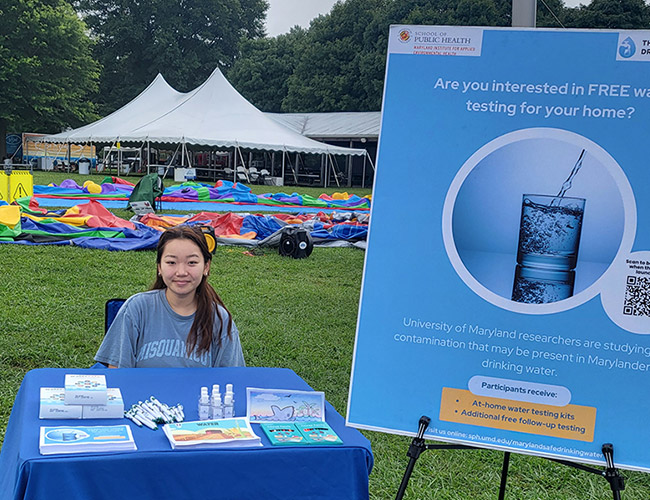 Participants are actively enrolling in phase 1 of the study. The team's summer interns and Program Manager visited county fairs around Maryland to conduct outreach for the study. The team created a study website, a Facebook page, and printed media that was displayed and distributed at the county fairs. Each enrolled participant receives a free water test kit in the mail, completes their water testing at home, and reports results back to the study team. Participants test their drinking water at home for a number of different contaminants, such as iron, copper, bacteria, and nitrates. By the end of 2023, over 500 participants enrolled in the study and received commercially available, WaterSafe at-home drinking water test kits. Phase 2 of the study will begin in February 2024, where the team will collect water samples from participants’ homes and analyze them for microbiological and chemical contaminants, including E.coli, fecal coliforms, arsenic, nitrates, phosphates, and per- and polyfluoroalkyl substances (PFAS), among others. This study has been approved by the University of Maryland Institutional Review Board (IRB), Approval #2039477-1.
Participants are actively enrolling in phase 1 of the study. The team's summer interns and Program Manager visited county fairs around Maryland to conduct outreach for the study. The team created a study website, a Facebook page, and printed media that was displayed and distributed at the county fairs. Each enrolled participant receives a free water test kit in the mail, completes their water testing at home, and reports results back to the study team. Participants test their drinking water at home for a number of different contaminants, such as iron, copper, bacteria, and nitrates. By the end of 2023, over 500 participants enrolled in the study and received commercially available, WaterSafe at-home drinking water test kits. Phase 2 of the study will begin in February 2024, where the team will collect water samples from participants’ homes and analyze them for microbiological and chemical contaminants, including E.coli, fecal coliforms, arsenic, nitrates, phosphates, and per- and polyfluoroalkyl substances (PFAS), among others. This study has been approved by the University of Maryland Institutional Review Board (IRB), Approval #2039477-1.
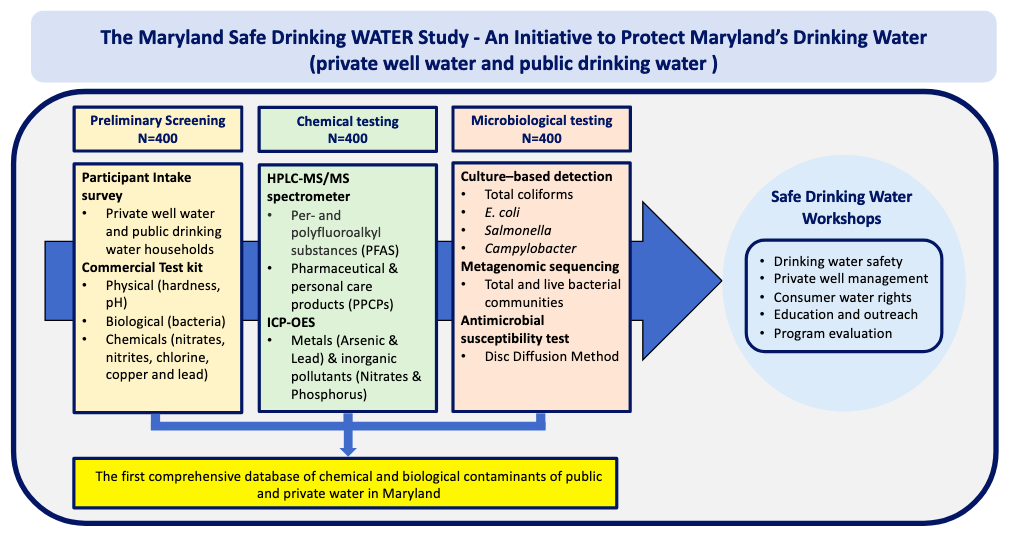
Team Members:
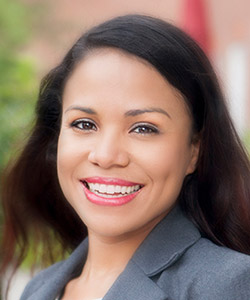 PI: Rianna Murray (SPHL), Assistant Research Professor and Graduate Director, Department of Global, Environmental, and Occupational Health |
 PI: Leena Malayil (SPHL), Assistant Research Professor, Department of Global, Environmental, and Occupational Health |
 Amy Sapkota (SPHL), MPower Professor and Chair, Department of Global, Environmental, and Occupational Health |
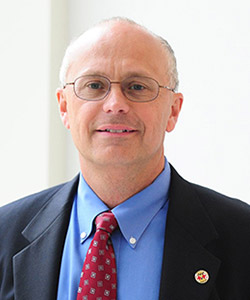 Allen Davis (ENGR), Professor, Civil and Environmental Engineering |
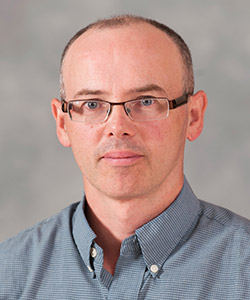 Paul Turner (SPHL), Associate Professor, Department of Global, Environmental, and Occupational Health |
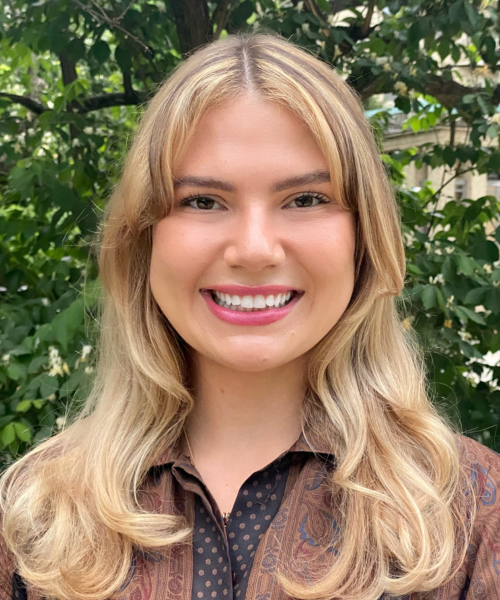 Georgia Parolski (SPHL), Project Manager, Department of Global, Environmental, and Occupational Health |
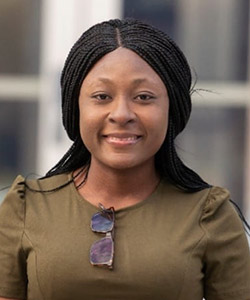 Taiwo Alawode (SPHL), Graduate Assistant, Department of Global, Environmental, and Occupational Health |
Additional Personnel:
Miranda Mathews, Undergraduate Intern, School of Public Health
Changwen Ding, Undergraduate Intern, School of Public Health

